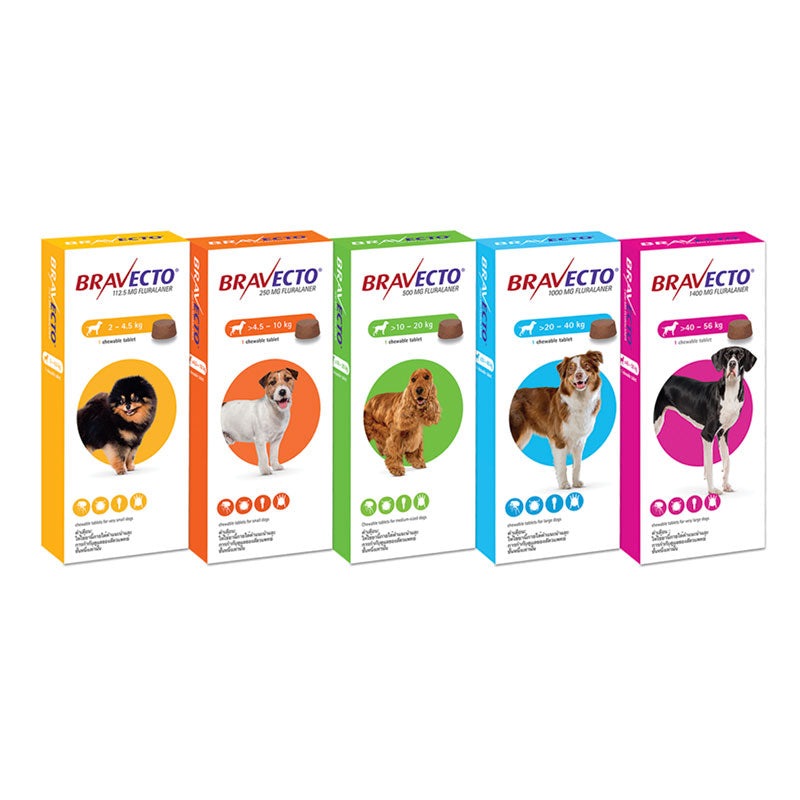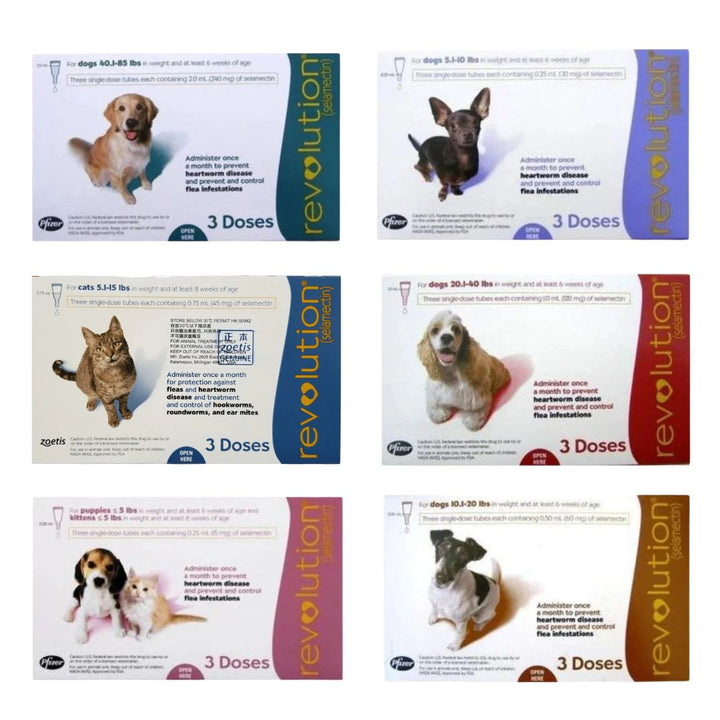Myths about Deworming and Flea Removal for Cats and Dogs: 8 Frequently Asked Questions for Veterinarians

As spring arrives, fleas, ticks, and parasites appear, and your pet's external parasite protection officially enters a high-risk period.
But many pet owners often wonder: Should I use deworming if my pet doesn't go outside? How often should I use it? Can I mix insect repellents with other insect repellents?
Q1|My cats and dogs never go out, do they also need to be dewormed?
It is necessary and must be done!
Even cats and dogs that live entirely indoors can't completely avoid the risk of external parasites. Fleas, ticks, and even mosquitoes can enter homes through people's shoes, clothing, and bags , bringing pathogens to their furry companions.
Especially in high-density urban environments like Hong Kong, indoor infections are very common.
Pettington Tips:
🔸Basic protection: Use flea and tick protection products regularly every month, such as Frontline Plus .
🔸Extra protection for your dog: Regularly use heartworm preventative medication, such as Heartgard Plus .
🔸 Enhanced protection: In spring and summer, or for families with multiple pets, it is recommended to choose a broad-spectrum product such as NexGard Spectra .
Q2|How do I know how often I need to use it?
Different products have different protection periods! For example:

Bravecto : One oral tablet protects dogs for up to 3 months .

Revolution : Drop form, each use only protects for 30 days and must be reapplied once a month.
If the product is not reapplied after the protection period, your pet will be exposed to the risk of flea, tick or heartworm infection again!
When using, be sure to replenish according to the time recommended by the product and do not rely solely on your feelings.
Q3|Can kittens and puppies use deworming products?
Yes, but be careful to choose age-appropriate products!
In general:
- Puppies and kittens must be at least 6-8 weeks old before they can start using some deworming products.
- Children who are underweight should pay special attention to the dosage to avoid overdose.
For the first deworming, it is recommended that a veterinarian confirm the safest product and dosage.
Q4|Should I choose between oral and intravenous administration?
Both have their own characteristics:
- Oral medications (such as NexGard Spectra and Bravecto ): They are easy to use and leave no residue, but be aware that some pets may not like the taste .
- Drops (such as Frontline Plus , Revolution , Bravecto Plus ): Topical drops, but avoid licking by pets. After use, they should be temporarily isolated until the medicine is absorbed.
Pettington Tips:
If you have multiple pets at home, it is best to separate them for 2-3 hours after using the drops.
Q5|Why do I still see fleas after using insect repellent products?
Because the product mechanism is to kill parasites after infection , not to isolate them immediately, it is normal to see sporadic fleas, but they will die quickly and cannot reproduce.
Also, not all products can kill flea eggs! Products like Frontline Plus specifically target flea eggs, larvae, and adults, effectively interrupting the flea life cycle.
Only by choosing the right product can we truly "cut off the source"!
Q6|Can I use insect repellent products only when necessary?
Absolutely not!
Fleas and ticks reproduce extremely quickly; a single flea can produce hundreds of eggs in just one month.
If you only use protection when you see parasites or feel "needed", you have already missed the best protection period and your pet will be exposed to infection, inflammation and even infectious diseases.
Pettington Tips:
Use insect repellent products continuously throughout the year , regardless of spring, summer, autumn or winter, without interruption.
Q7|Can I mix different insect repellent products?
Yes, but be careful when choosing products with different ingredients!
For example:
- Frontline Plus (drops, for fleas and ticks) + Heartgard Plus (oral, for heartworms)
This is a safe and common combination.
However, there is a risk of overdose if two products with similar ingredients (such as two drops) are used at the same time.
If in doubt, always ask your veterinarian for advice and do not mix on your own.
Q8|Is using flea and tick products dangerous for pets?
In general, the flea and tick prevention products authorized for sale on the market have undergone rigorous safety testing and have been proven safe through long-term use by a large number of furry pets around the world .
But after all, these are medicines, and a few pets may experience minor side effects.
Any questions about medication or product recommendations should be discussed immediately with your veterinarian. Your veterinarian is the most knowledgeable about your pet's condition and the properties of the medicine. Instead of blindly following the advice of pet shops, it is better to ask directly. your veterinary!
Pettington Very Important Reminder:
These products should only be purchased from reputable veterinary channels .
Never buy from unidentified websites or parallel imports. Counterfeit goods are a serious problem, with unknown ingredients and potentially life-threatening to your pet!
3 Steps to Proper Insect Repellent Protection
1️⃣ Use protective products regularly every month (drops/oral)
2️⃣ Use flea spray or hair checks before and after going out
3️⃣ Clean the mattress regularly, comb the fur, and vacuum to remove the source of fleas in the environment
Fleas, ticks, and heartworms are not minor problems and can be fatal in severe cases.
Owners who truly know how to take care of their furry pets will make persistent, correct, and preventive choices.
✨ Pettington has a selection of insect repellent products from major brands, from Frontline , NexGard , Bravecto to Revolution , everything is available!
👉【 Check out the insect repellent protection section now 】

